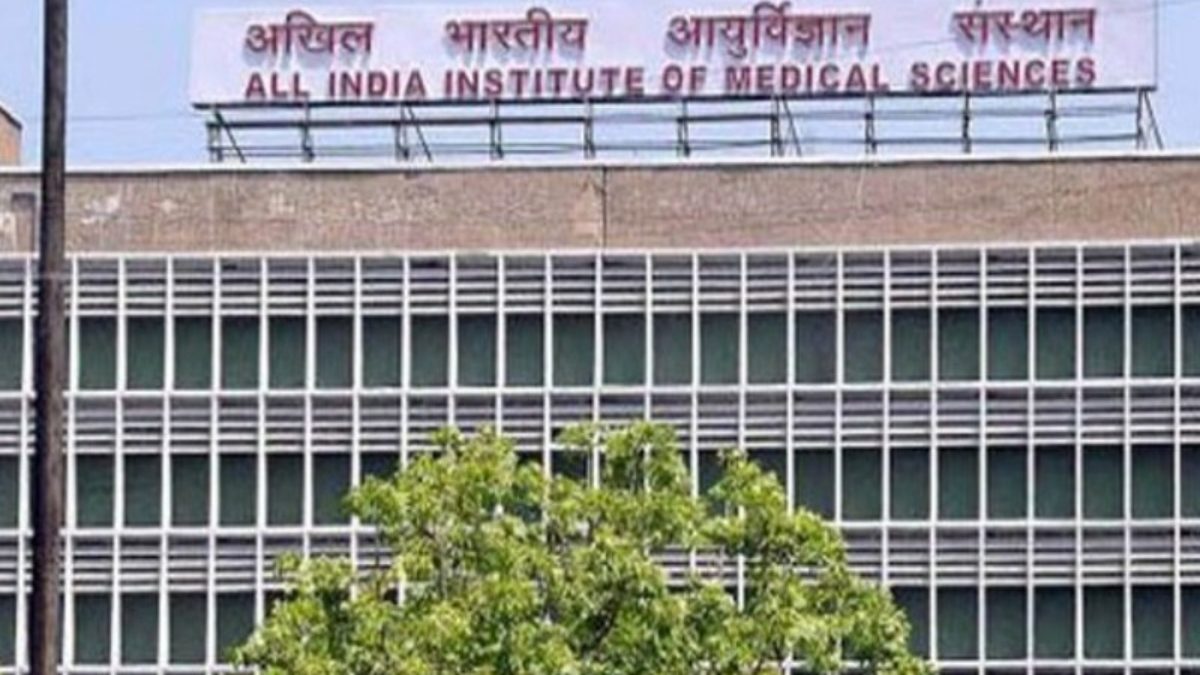The All India Institute of Medical Sciences (AIIMS) has submitted a proposal to the Indian Council of Medical Research (ICMR) for approval of a multicentric study to investigate cases of Avascular Necrosis (AVN), or bone tissue death, among Covid patients from the second wave last year, which was caused primarily by steroid use and blood clots.
With institutions all around the nation reporting similar incidents, AIIMS-Delhi has treated more than 50 patients. Ten AVN patients had their hips replaced at Nanavati Hospital in Mumbai, while numerous other hospitals in Delhi, Mumbai, and other cities reported an average of ten instances.
The proposal for a multicentric study was submitted to ICMR by Dr Rajesh Malhotra, head of orthopaedics and chief of trauma centre at AIIMS. Regions like Delhi, Maharashtra, Karnataka and Kerala, which reported high caseloads during the second wave, are expected to be covered.
“We need to study the clinical parameters, risk factors and prognostic factors. Region-wise, the data may differ, so we want to conduct a multiple-centric study. If ICMR (approves) our proposal for grant, they may recruit centres across India as per protocols to be part of the study,” Malhotra said.
“Primarily, there are two causes of AVN among such patients,” said Dr Pradeep Bhosale, director of arthritis and joint replacement surgery, Nanavati Hospital, Mumbai.
“It could be because of excessive use of steroids during Covid treatment or the inherent ability of Covid to cause blood clots, which disrupts the blood flow. Due to the excruciating pain and disability of the patient, many undergo hip replacement surgeries. Nearly 10 such AVN patients have undergone hip replacement in our hospital,” he said.
In the second wave, primarily caused by the Delta variant, many patients developed acute pneumonia requiring heavy doses of steroids as a life-saving drug. Among the 50 AVN cases in AIIMS, only 12 did not receive steroids during their Covid treatment and nearly 60 per cent were female. A total of five patients underwent hip replacement at the hospital.
“We have to understand if the steroids that were given to these patients were too early or late, duration of their treatment on steroids, and the amount of doses that were given. Also, how much is too much for such patients,” Malhotra said.
According to doctors, most of the recovered Covid patients diagnosed with AVN belong to the age group of 35-45 years. They say this could be because of higher vaccination coverage among the elderly by the time the second wave had set in, limiting their dependence on steroids.
AVN is not a new ailment and before Covid, cases were found due to smoking, alcoholism and steroid-use linked to other health conditions. In the case of Covid patients, orthopaedic surgeons point out that a pan-India study would be difficult in the absence of centralised data.
“Unlike in Western countries, where all statistics are maintained centrally, such data isn’t available in India. For post-Covid complications, patients go to different hospitals, so gathering such data for a wide study would be challenging,” said Dr Narayan Hulse, director, orthopaedic and joint replacement surgery, Fortis Hospital, Bengaluru. Hulse said he has treated four such AVN patients, the last in December 2021.
“It takes months for Covid-recovered patients to develop the symptoms of AVN. Maybe after a year, with more studies, we would get a clinical explanation,” said Dr Vijay Mohan, orthopaedic and joint replacement surgeon, and chairman of the academic forum of Kerala Orthopaedic Association.





